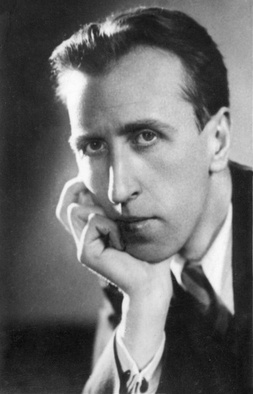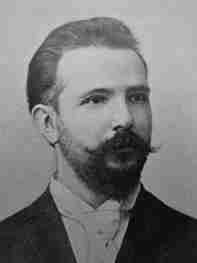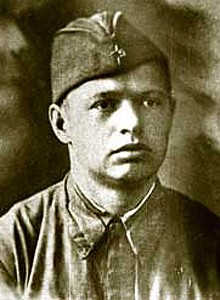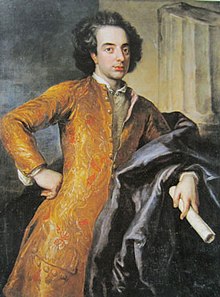
Dmitry Borisovich Kabalevsky |
Dmitry Kabalevsky
There are individuals whose influence on the life of society goes far beyond their purely professional activities. Such was D. Kabalevsky – a classic of Soviet music, a major public figure, an outstanding educator and teacher. To imagine the breadth of the composer’s horizon and the scale of Kabalevsky’s talent, it is enough to name such works of his as the operas “The Taras Family” and “Cola Breugnon”; Second Symphony (favorite composition of the great conductor A. Toscanini); sonatas and 24 preludes for piano (included in the repertoire of the greatest pianists of our time); Requiem on verses by R. Rozhdestvensky (performed at concert venues in many countries of the world); the famous triad of “youth” concertos (Violin, Cello, Third Piano); cantata “Song of Morning, Spring and Peace”; “Don Quixote Serenade”; songs “Our land”, “School years” …
The musical talent of the future composer manifested itself rather late. At the age of 8, Mitya was taught to play the piano, but he soon rebelled against the boring exercises that he was forced to play, and was released from classes … until the age of 14! And only then, one might say, on the wave of a new life – October came true! – he had a surge of love for music and an extraordinary explosion of creative energy: in 6 years, young Kabalevsky managed to finish music school, college and enter the Moscow Conservatory at once to 2 faculties – composition and piano.
Kabalevsky composed in almost all genres of music, he wrote 4 symphonies, 5 operas, an operetta, instrumental concertos, quartets, cantatas, vocal cycles based on poems by V. Shakespeare, O. Tumanyan, S. Marshak, E. Dolmatovsky, music for theater productions and movies, a lot of piano pieces and songs. Kabalevsky devoted many pages of his writings to the youth theme. Images of childhood and youth organically enter into his major compositions, often becoming the main “characters” of his music, not to mention songs and piano pieces written specifically for children, which the composer began to compose already in the first years of his creative activity. By the same time, his first conversations about music with children date back, which later received a deep public response. Having begun conversations in the Artek pioneer camp even before the war, Kabalevsky in recent years also conducted them in Moscow schools. They were recorded on the radio, released on records, and Central Television made them available to all the people. They were later embodied in the books “About three whales and about much more”, “How to tell children about music”, “Peers”.
For many years, Kabalevsky spoke in print and publicly against the underestimation of the aesthetic education of the younger generation, and passionately promoted the experience of enthusiasts of mass art education. He led the work on the aesthetic education of children and youth in the Union of Composers of the USSR and the Academy of Pedagogical Sciences of the USSR; as a deputy of the Supreme Soviet of the USSR spoke on these issues at the sessions. The high authority of Kabalevsky in the field of aesthetic education of the young was appreciated by the foreign musical and pedagogical community, he was elected vice-president of the International Society for Musical Education (ISME), and then became its honorary president.
Kabalevsky considered the musical and pedagogical concept of mass musical education he created and the music program for the general education school based on it, the main goal of which was to captivate children with music, to bring this beautiful art closer to them, fraught with immeasurable possibilities for the spiritual enrichment of man. To test his system, in 1973 he began working as a music teacher at the 209th Moscow secondary school. The seven-year experiment, which he conducted simultaneously with a group of like-minded teachers who worked in different cities of the country, brilliantly justified. The schools of the RSFSR are now working according to Kabalevsky’s program, they are creatively using it in the Union republics, and foreign teachers are also interested in it.
O. Balzac said: “It is not enough to be just a man, you have to be a system.” If the author of the immortal “Human Comedy” had in mind the unity of man’s creative aspirations, their subordination to one deep idea, the embodiment of this idea with all the forces of a powerful intellect, then Kabalevsky undoubtedly belongs to this type of “people-systems”. All his life – music, word and deed he affirmed the truth: the beautiful awakens the good – he sowed this good and grew it in the souls of people.
G. Pozhidaev





